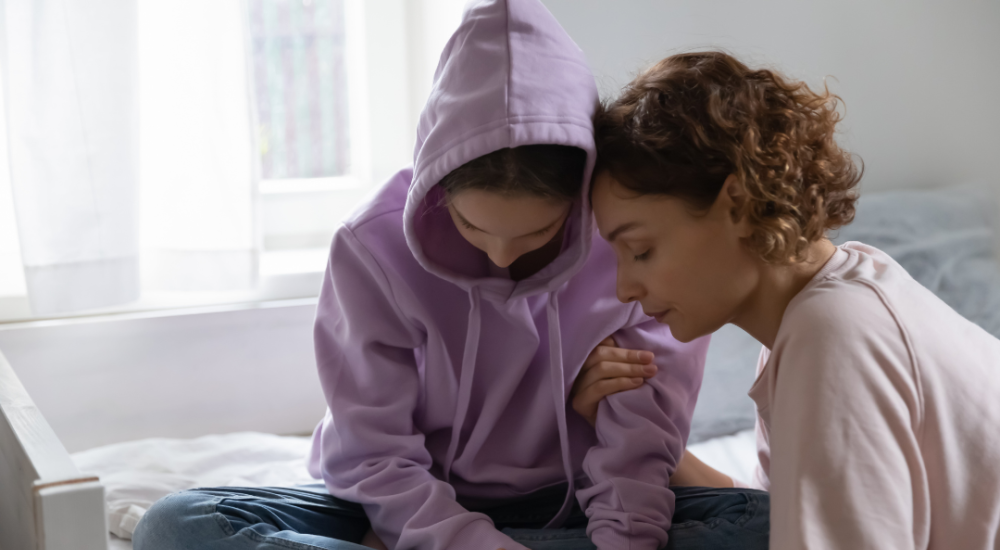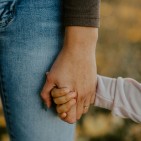
This article was adapted and reposted with permission from Sara Dimerman, an Ontario Psychologist and contributor to the Parents Canada website. Original post can be found here.
Day after day, it seems like we are hearing about traumatic events happening locally and around the world. Between social media and the news, it’s hard not to be exposed to constant updates and potentially upsetting details. This can be the case for not only us as parents and caregivers, but our children as well.
In an attempt to prepare for horrible acts or even mild threats, the very places that children see as safe havens away from home are doing drills to prepare students and staff in the event that they need to react quickly. Lockdown drills are common in schools, for example.
Even though preparation is important, it can also cause fear and panic in young minds. Today, unlike the way that most of us grew up, children feel a greater need to stay alert. And beyond this, tragic events—being reported in a much more widespread way than 20 years ago—highlight the belief that the world is not entirely safe. Even young children are exposed to this news via social media, or as a result of hearing it from an older sibling. This has resulted in more children developing anxiety at an even younger age than years ago.
Despite our awareness that the world does not feel quite as safe as it did when many of us were children (maybe we were simply less aware of bad news without the constant hum of newsfeeds and social media), there are still ways for us to help our children feel protected and safe.
Tips for having these conversations with your child:
- Note when people help others during difficult times: This helps illustrate that there are many more good people to balance, or even outweigh, the bad.
- Explain that calm usually outweighs chaos: As scary as the event is, remind kids that there are still more calm days than chaotic ones. Remind your child that this type of event hardly ever happens (even though you might worry that it’s happening more often than before). Young kids don’t need to know the whole truth, especially when it’s so important for them to feel safe and secure.
- Let kids know that adults have a plan: Even though we prepare kids to know what to do in an emergency, we can remind them that adults will lead the way and that they will not have to be in charge.
- Expand your child’s circle of trusted adults: Kids feel safer knowing that their parents or caregivers are not the only adults who can help them. Tell them they can ask the teacher or principal for help, or that they can call a neighbour, a family member or your best friend. Knowing that there are several reliable and accessible adults can help create a wider safety net and make your child feel more secure.
- Turn off the news: It’s our job to decide what and how much news is appropriate for our children, based on their age and temperament. If you do decide to watch the news, cut the news feed after a short while when our children are with us—especially if the crisis is ongoing. We also need to be aware of how we talk about the event when our children are present, and how they are taking in the information.
Age-related specifics for helping kids feel safe and secure:
- Preschoolers: Very young children, especially those with younger or similar-aged siblings, are more protected from the wildfire nature of bad news spreading across a school playground, for example. This, along with your conscious awareness of when and how to talk about any traumatic event, will protect very young children from worrying about them.
- School-aged: Once children begin attending school, they will start to hear about news and current events before you can tell them. In addition, some teachers may bring news events into the classroom with the best of intentions. Some children may respond to these events more emotionally than others. Watch for any change in your child’s moods and keep up on what is going on around them when they are not in your care. Then, try to reduce the intensity of the situation by helping your child feel that the world is mostly a safe place.
- Teens: It’s virtually impossible (pun intended) to keep your older child away from social media. So, don’t be surprised if they bring recent news events to your attention. Rather than having to wait for the next newscast or newspaper to be printed, we now get second-by-second broadcasts as they happen. This has many advantages but can also create a greater need for hyper awareness and anxiety as your teen experiences and tries to process the news. Try to be aware of social media apps so that you keep up with your older child’s world.
If you are concerned your child may have witnessed or experienced a traumatic event, you can learn more about how to support and talk to them here.







